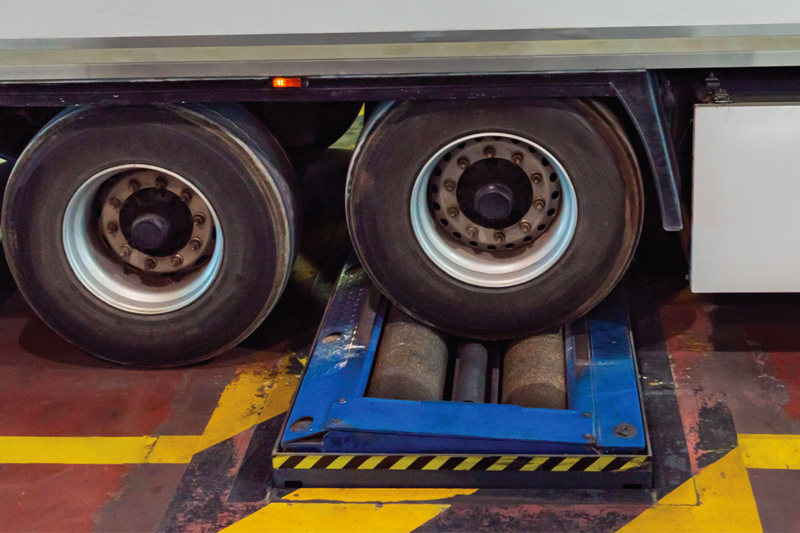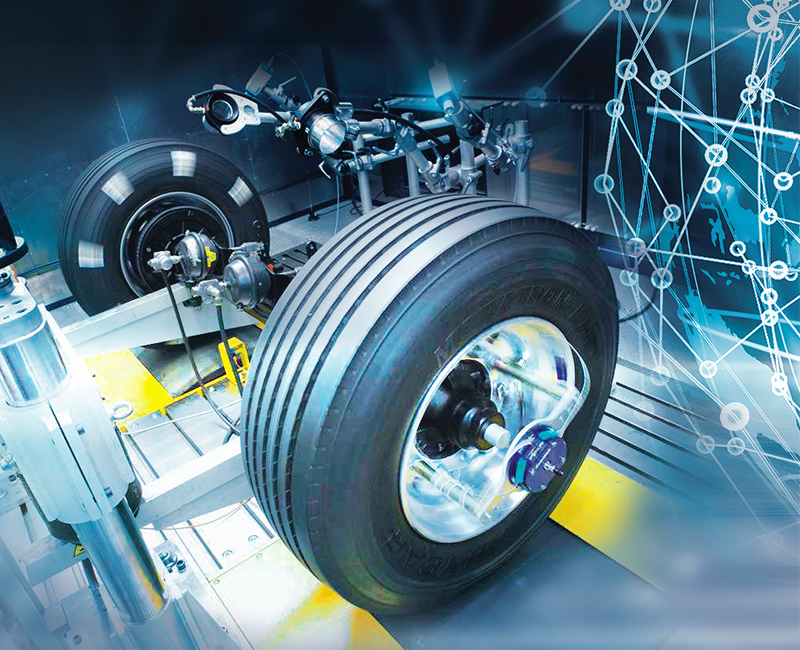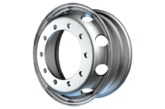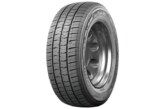The benefits of using EBPMS

In today’s constantly evolving transport industry, fleet managers face increased demands for vehicle compliance, efficiency, and safety. BPW idem Telematics offers a solution that could reap huge benefits. CVW delves further.
The Driver and Vehicles Standards Agency (DVSA) initiated changes to testing standards when it released an updated version of the Guide to Maintaining Roadworthiness, which outlines the recommended standards and procedures for maintaining commercial vehicles. Notably, section 5.3 highlights the critical importance of brake performance assessments during a safety inspection. According to the DVSA, a high percentage of MOT test braking defects are only found during a brake performance test. Due to this, every safety inspection must include a brake performance assessment.
The DVSA stated that as of 1 January 2023, a commercial vehicle trailer must be presented for a roller brake test fully laden. A trailer loaded to at least 65% of its maximum weight will produce more accurate results during a roller brake test, as the grip between the tyre and the roller is more effective.
However, some triaxle and semi-trailers are exempt and can be tested unladen. Exemptions apply when a trailer has design limitations or the type of load the trailer normally carries prevents it from being laden. For further guidance, you should refer to the DVSA Understanding your HGV or trailer’s brake test report.

In-service monitoring
Traditionally, trailer brakes are tested on a roller brake rest during an annual MOT. However, times have changed, and now trailer brakes must be tested at least four times per year, one of which must be carried out at the MOT test.
An alternative to a roller brake test is an electronic brake performance monitoring system (EBPMS). Supported by the DVSA, EBPMS can monitor in-service braking performance and provide a report. If there is sufficient data for a viable EBPMS report, this can be presented during a safety inspection and used instead of a roller brake test.
Using EBPMS allows operators to substitute a roller brake test in between an MOT test by continuously comparing the performance of the tractor/trailer braking events against the braking demand of the driver. Sharing EBPMS data demonstrates compliance with the DVSA Earned Recognition scheme and can help reduce roller brake tests from at least four to one per year.
It’s important to remember that EBPMS cannot entirely replace a roller brake test. An EBPMS and a roller brake test are two different methods of determining brake performance, and a roller brake test must still be performed during an annual MOT test.
Viable alternatives
BPW idem Telematics has an EBPMS solution that complies with the DVSA industry-standard guide. The system was developed by experienced BPW engineers, alongside the BPW mechatronics department in Germany, and in partnership with BPW idem Telematics, Europe’s leading telematics provider.

This technology continuously monitors the brakes. Data collected from the electronic braking system (EBS), together with the telematics system, generates realtime data reports. These reports can be generated on a daily, weekly, monthly, or annual basis, and the longer the system is used, the more accurate the data becomes. Reports can be accessed via a smartphone app or a telematics portal.
Other advantages of continuous monitoring are:
- brake efficiency is calculated each time the brakes are applied, and therefore, the trailer is tested with varying loads.
- the trailer brake performance is given at normal highway speeds and not just at slow speeds on the RBT.
- the foundation braking system is being tested whilst running at its correct working temperature.
- any faults that affect the performance of the brakes will become evident before the next scheduled RBT.
This means that operators can identify potential braking issues well before scheduled maintenance checks, preventing problems from escalating, and causing prolonged downtime. It thus allows fleet managers to make more informed decisions regarding their trailers, leading to increased efficiency, improved safety, and reduced operating costs.
BPW plays a crucial role in aiding customers not only in understanding asset reports but also in providing comprehensive support throughout the installation process. Dedication goes beyond mere assistance; BPW is committed to offering invaluable expertise and guidance through every step of the process. By providing expert advice, BPW ensures that customers experience a seamless transition, thus reaping the optimal benefits of the BPW idem Telematics EBPMS.
An electronic brake performance monitoring system from BPW idem Telematics can provide significant insights into a trailer’s braking behaviour and flag up problems before they become real concerns.








